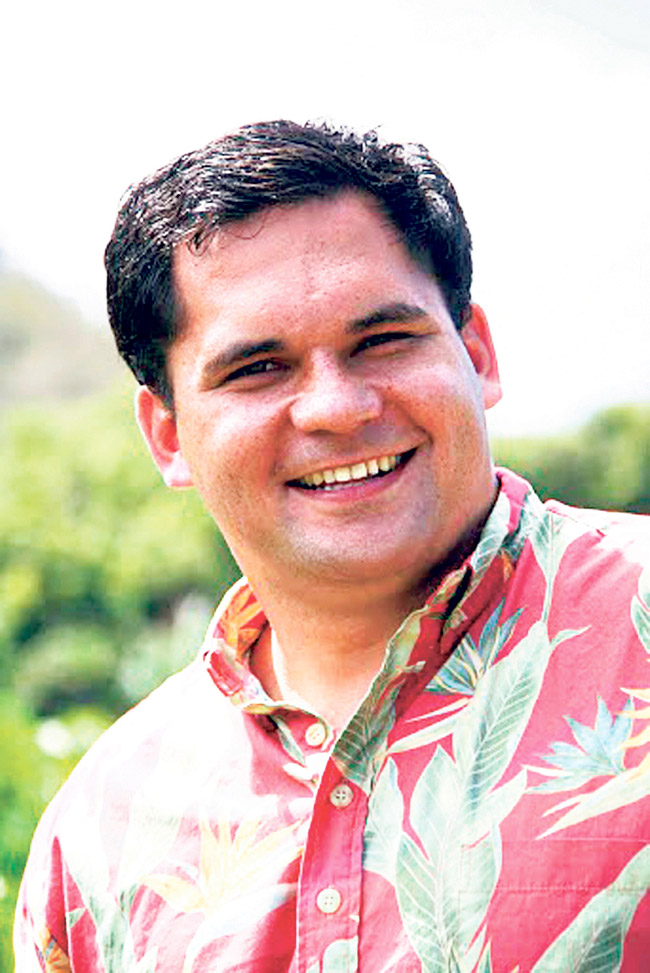Bills That Alter PLDC Need Careful Consideration
State Rep. Richard Fale
As an elected official considering the hundreds of bills that will be heard this legislative session, I have relied on the “distinguishing excellence” standard to help guide my decision-making.
This ideal was described by the Greek philosopher Pericles, one of the most famous advocates of democracy, who said, “Distinguishing excellence is that in the hour of action we show the greatest courage, and yet debate beforehand the expediency of our measures.”
I have put my signature on several of the more than two dozen bills introduced by the House and Senate that would repeal the Public Land Development Corporation (PLDC).
Though I understand the intent of the PLDC, I believe this attempt to foster public-private partnerships has the potential to do more harm than good.
The PLDC was created quickly and with little time for feedback and assessment. There was inadequate discussion and vetting before implementation, and it failed to gain the necessary support from community leaders, government officials and the public that a program of its magnitude and influence should have.
The PLDC is innovative in its plans to generate revenue without raising taxes and fees while finding ways to fund improvements to crumbling infrastructure, schools that have maintenance and facility needs, and parks and playgrounds that are dangerous and poorly maintained.
The concern, however, is that the powers given to the PLDC to accomplish these goals are too broad and fail to draw clear and appropriate boundaries. In the urgency to help improve infrastructure and provide opportunity to improve the fiscal standing of our state, the PLDC runs the risk of creating even greater problems, particularly for our environment.
Talking with many in the North Shore community, I heard that the disregard for environmental regulations was perhaps the most egregious part of the Act 55 and the PLDC.
While I believe the PLDC should be repealed, I also believe the idea of public-private partnerships should be revisited, debated and implemented when appropriate. An organization like the PLDC, if it can achieve the same positive objectives while still being governed by appropriate rules and regulations, and if it is thoroughly discussed with the public, could be positive for the state of Hawaii.
I am in strong support of the concept of allowing our public schools, the Department of Land and Natural Resources, public parks and recreational facilities to explore innovative ways in which they can raise the financial support they need as an alternative to raising taxes and fees on working families and small businesses.
One of the greatest examples of this is the Ko’olauloa Educational Alliance Corporation, the parent of Kahuku.org, which as a school-to-work program has raised hundreds of thousands of dollars to support the Kahuku School Complex.
I believe this model can be replicated in other school complexes to the same degree of success. However, I remain committed to government transparency and fully appreciate laws that help protect our beautiful, natural resources.
By the time this goes to print, the House Water and Land Committee will have heard many of the House bills introduced that repeal or alter Act 55 and the PLDC. I look forward to hearing from testifiers during these hearings and gaining further insight about this controversial topic.
I also look forward to working with our community and fellow members of the state legislature to find a path forward that allows us to revisit public-private partnerships with greater transparency, better input and a more thorough process that would better serve the people and state of Hawaii.
Contact Rep. Richard Fale, R-District 47 (Waialua to Waiahole) at 586-6380 or email him at repfale@capital.hawaii.gov.






